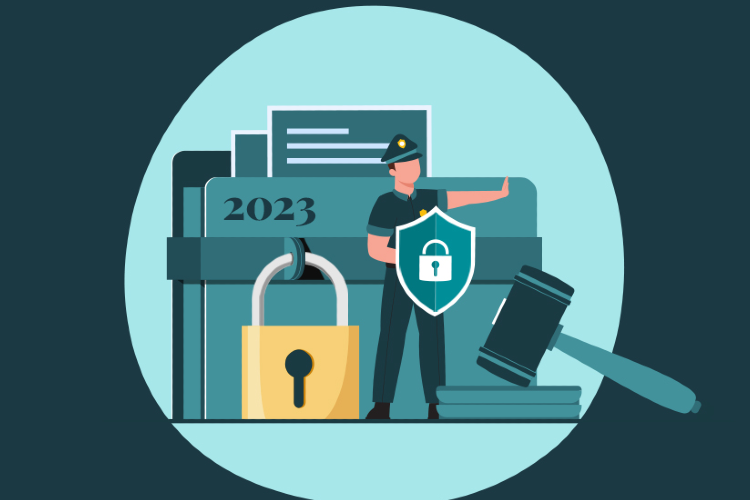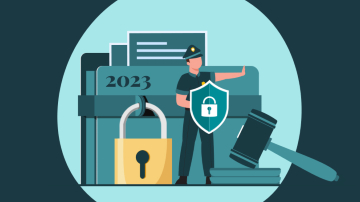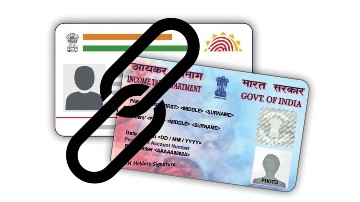
Countries are taking steps to protect their citizens' online privacy. You can avoid fines and other penalties by staying informed about the data protection laws in the countries where your company operates.
Data has become a powerful and vital asset in the twenty-first century. It's one of the main reasons why some well-known tech companies are happy to offer their services for free—doing so allows them to collect user data on an unprecedented scale.
Due to various factors, nearly all nations now have or are in the process of enacting data protection legislation. These laws intend to regulate how businesses collect, store, and use user data, transfer data across borders, and sell/share this data.
Data has become a significant and vital asset in the twenty-first century. It's one of the main reasons why some well-known tech companies are happy to offer their services for free—doing so allows them to collect user data on an unprecedented scale.
Due to many factors, nearly all nations now have or are in the process of enacting data protection legislation. These laws regulate how businesses collect, store, and use user data, transfer data across borders, and sell/share this data.
Nigeria
Under the 2014 Malabo Convention, Nigeria's Data Protection Regulation (NDPR) was issued in 2019. The NDPR provides all data subjects with nearly the same rights as the GDPR. However, its section on Administrative Sanctions in its Implementation Framework solidified its reputation as possibly one of the most stringent data protection regulations.
Canada
The Personal Information Protection and Electronic Documents Act (PIPEDA), Canada's primary data protection law, is frequently cited as an example of a regulation designed specifically for businesses and corporations rather than a blanket piece of legislation.
Thailand
Thailand's Personal Data Protection Act (PDPA) was supposed to take effect in May 2020. A royal decree allowed for a one-year delay to ensure that all organizations expected to be subject to it had enough time to prepare and be fully compliant.
Brazil
The Lei Geral de Proteção de Dados (LGPD) was one of the first data protection laws to take effect following the GDPR.


.jpg)
.webp)



